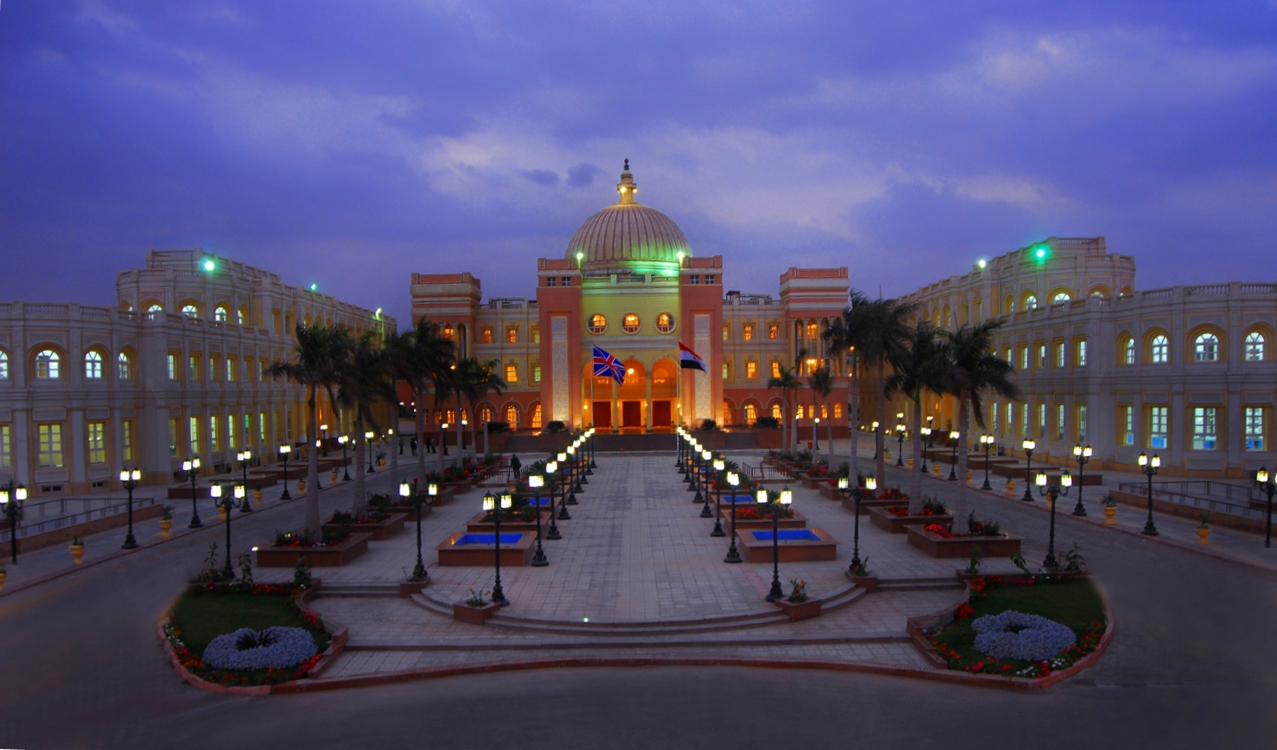In the first commentary on President Abdel Fattah Al-Sisi’s interview with CBS, secretary of the parliament’s committee of foreign affairs Tarek El-Khouly accused the channel of attempting to spread negative energy through engaging in efforts to “embarrass the president”.
On Monday, US media network CBS channel broadcasted an interview with Al-Sisi which was conducted in New York three months ago, when he was there to attend the UN General Assembly. The channel reported that the Egyptian ambassador in the US requested them to not broadcast the interview, but it still did, claiming that their interview embarrassed the president.
In his press statement, which came on behalf of the foreign affairs committee in parliament, El-Khouly said that the channel sought to convince the world that request of the Egyptian state to hold broadcasting of the interview came in order to not present what could blemish the president before the public.
He added that “he watched the full interview and found the president’s reaction to be normal to all the questions and that he did not realise from any of the claims of the channel that the president was embarrassed by the journalist’s questions”.
“It was found that throughout the presentation and final outcome of the interview, the channel wanted to imply that there were questions and answers blaming the president, but the opposite occurred, as the responses of the president were very strong,” said the MP, who is also member in the detained youth committee for presidential pardons.
The member cited some of the president’s answers to the questions as an example to prove his argument, including when the president was asked why Egypt delayed fighting terrorism in Sinai despite receiving aid from the US, and the president’s response came with a counter-question: “Why was America unable to eliminate terrorism in Afghanistan after 17 years there and spending a trillion dollars?”
El-Khouly concluded his statement by saying that some media outlets and organisations became platforms to defend terrorism rights, questioning “where was the role of these organisations and platforms when the Muslim Brotherhood was burning churches after the June 30 Revolution or even when they attacked peaceful protesters in the vicinity of the presidential palace in the era of the ousted Mohamed Morsi?”



